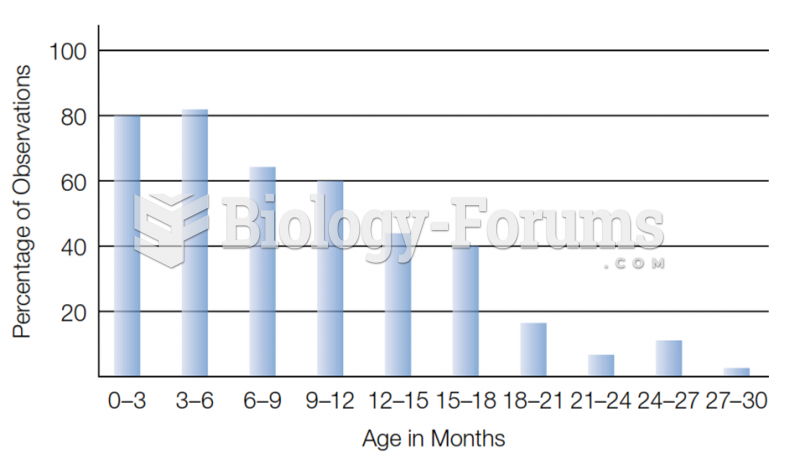|
|
|
The average older adult in the United States takes five prescription drugs per day. Half of these drugs contain a sedative. Alcohol should therefore be avoided by most senior citizens because of the dangerous interactions between alcohol and sedatives.
One way to reduce acid reflux is to lose two or three pounds. Most people lose weight in the belly area first when they increase exercise, meaning that heartburn can be reduced quickly by this method.
Side effects from substance abuse include nausea, dehydration, reduced productivitiy, and dependence. Though these effects usually worsen over time, the constant need for the substance often overcomes rational thinking.
This year, an estimated 1.4 million Americans will have a new or recurrent heart attack.
Hypertension is a silent killer because it is deadly and has no significant early symptoms. The danger from hypertension is the extra load on the heart, which can lead to hypertensive heart disease and kidney damage. This occurs without any major symptoms until the high blood pressure becomes extreme. Regular blood pressure checks are an important method of catching hypertension before it can kill you.
 The killer whale named Old Tom swims alongside a whaling boat, flanking a whale calf. The boat is be
The killer whale named Old Tom swims alongside a whaling boat, flanking a whale calf. The boat is be
 This portrait of Thomas Jefferson is considered an accurate likeness, painted when he was thirty-sev
This portrait of Thomas Jefferson is considered an accurate likeness, painted when he was thirty-sev





